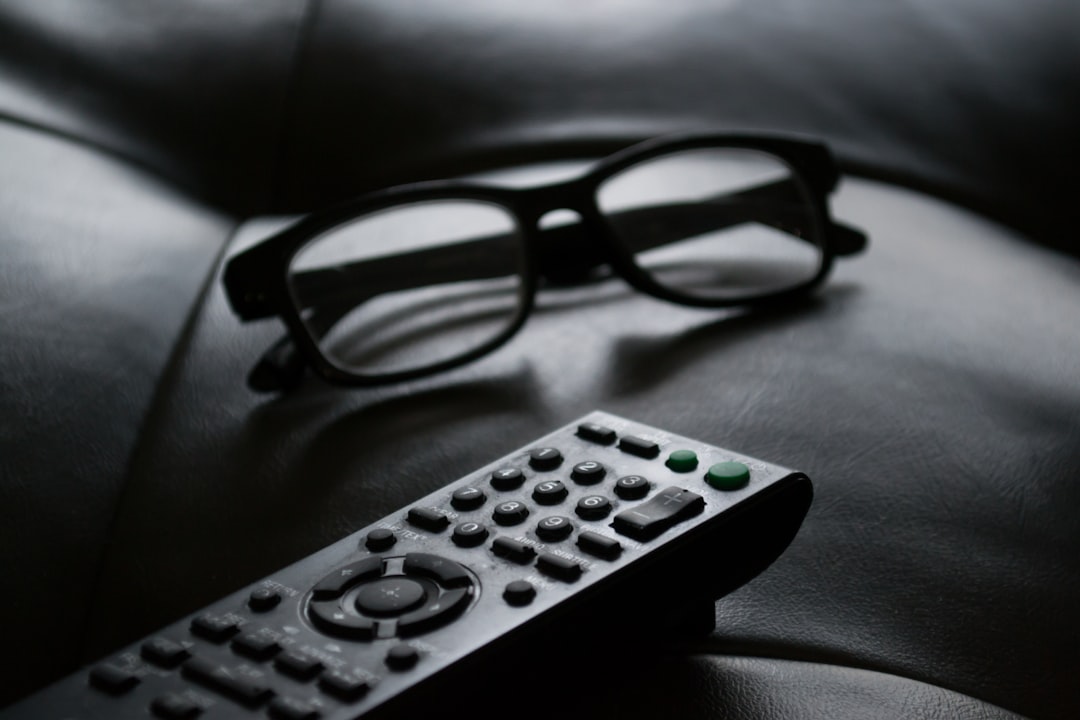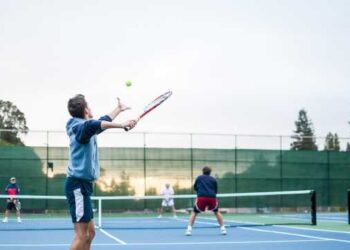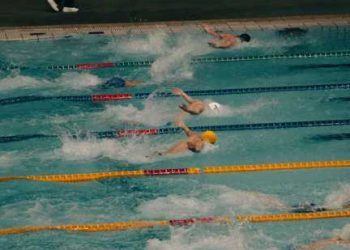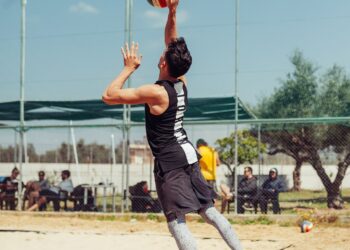The Link between Sports and Academic Performance: Debunking the Myth
There has always been a common perception that athletics and academics are two completely separate domains, with little to no connection between them. Some argue that sports can be a distraction from academic pursuits, while others believe that student-athletes are less likely to excel academically. However, recent studies have shown that there is a significant link between sports and academic performance, debunking the long-standing myth and shedding light on the positive impact that sports can have in the classroom.
Participation in sports has been found to enhance cognitive abilities and improve concentration, both of which are crucial for academic success. A study conducted by the University of Illinois found that regular physical exercise increases the flow of oxygen to the brain, thus improving cognitive function. This means that students who engage in sports are more likely to have sharper memory, better problem-solving skills, and improved attention span. These cognitive benefits translate directly to academic performance, as students are better able to retain information and concentrate on their studies.
Moreover, participating in sports promotes discipline and time management skills, qualities that are also necessary for academic success. Student-athletes often need to be highly organized in order to balance their sporting commitments with their academic obligations. They learn to manage their time effectively, fitting in practices, games, and studying all within a limited time frame. This level of discipline and time management not only allows them to excel in their chosen sport but also sets them up for success in the classroom. Student-athletes tend to develop a strong work ethic, as they become accustomed to juggling multiple responsibilities and understand the importance of balancing their priorities.
Furthermore, sports can foster valuable life skills such as teamwork, leadership, and perseverance, all of which are transferable to academic performance. Student-athletes learn how to work collaboratively with their teammates, communicate effectively, and take on leadership roles within their sport. These skills can be harnessed in the academic setting, as they learn to work with others on group projects, take charge of their own learning, and overcome obstacles in their studies. For example, if a student-athlete encounters a difficult concept in a particular subject, they may draw upon their perseverance learned through sports to persist in understanding the subject matter and seek additional help if necessary.
Contrary to the belief that sports are a distraction, studies have shown that student-athletes often experience higher levels of motivation, self-esteem, and confidence, all of which are essential for academic success. The sense of accomplishment and pride that comes with mastering a new skill, scoring a goal, or winning a game can have a significant positive impact on a student’s overall well-being. This heightened self-esteem and motivation can transfer to the classroom, as student-athletes are more likely to have a positive attitude towards their studies and put in the effort required to succeed academically.
It is crucial to note that academic success is not solely determined by participation in sports, and not every student-athlete will excel academically. Individual factors such as personal motivation, support systems, and other commitments also play a role. However, studies consistently show that sports can have a positive influence on academic performance, and being involved in sports should not be seen as a hindrance to academic success, but rather a complementary activity that can enhance overall well-being.
In conclusion, the common perception that sports and academics are unrelated is a myth that has been debunked by recent research. Sports have been found to improve cognitive function, enhance discipline and time management skills, promote valuable life skills, and boost motivation and self-esteem. Student-athletes often excel academically, challenging the stereotype that sports detract from academic performance. As educators and parents, it is important to recognize and support the positive relationship between sports and academics, as it can provide students with a well-rounded educational experience and contribute to their overall success and development.












